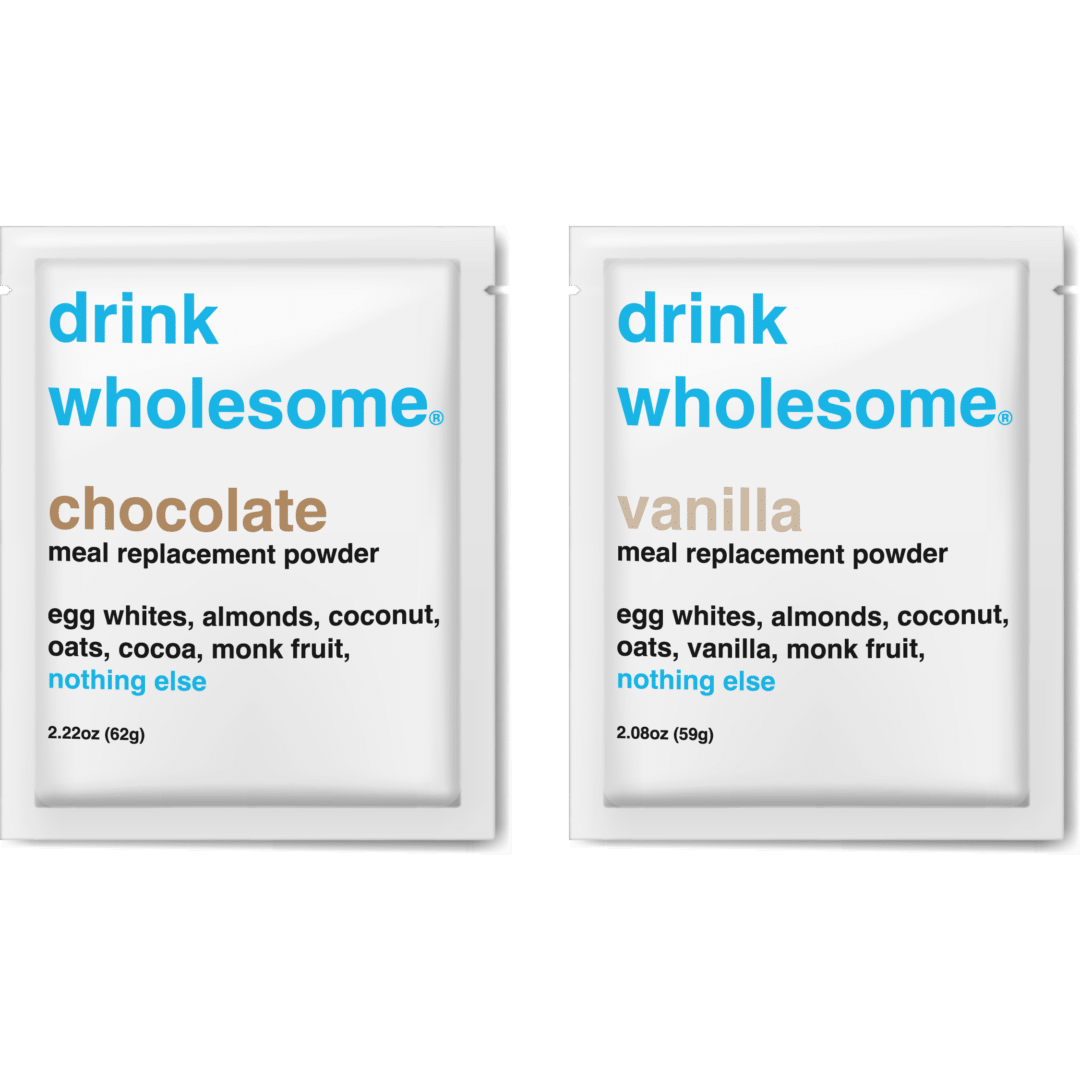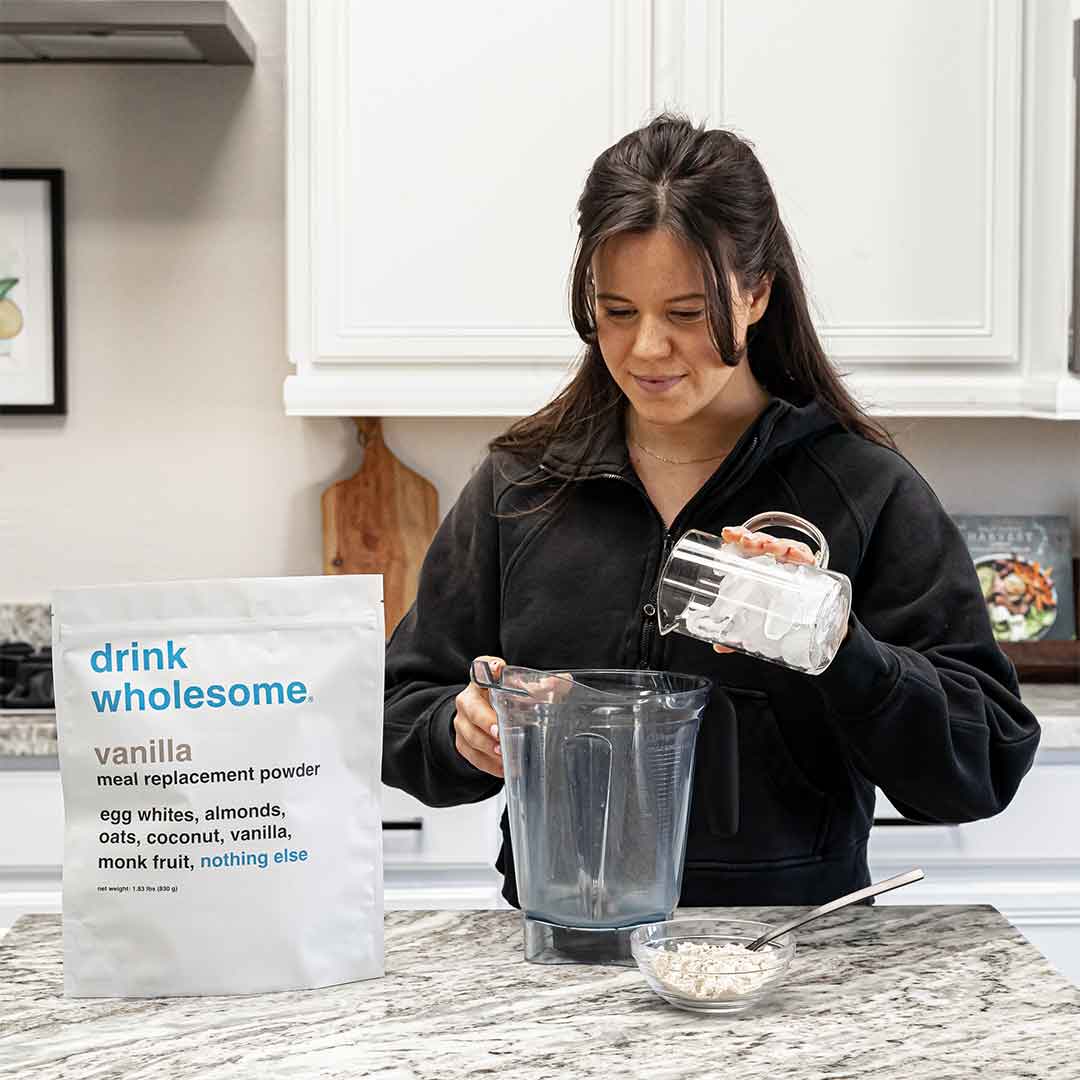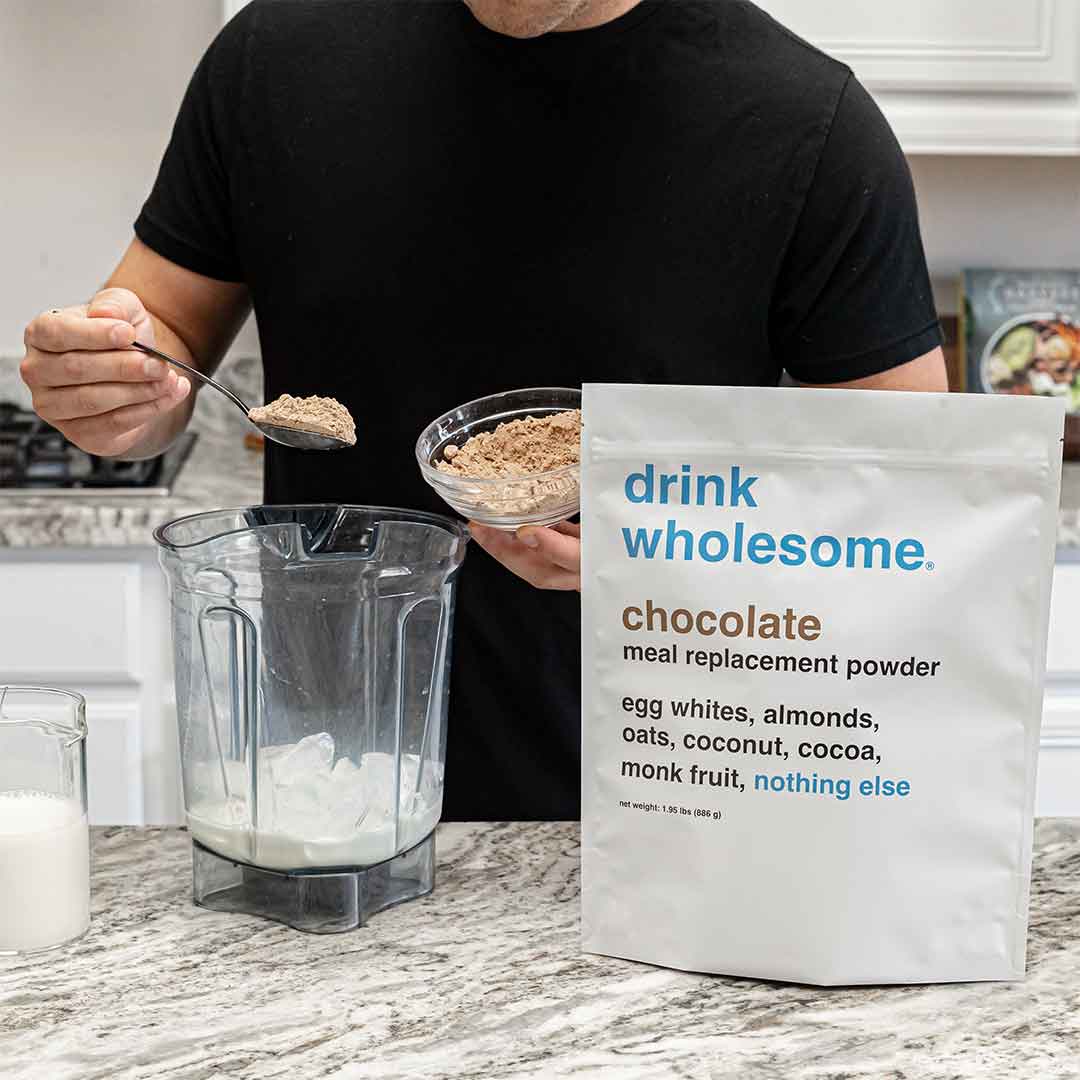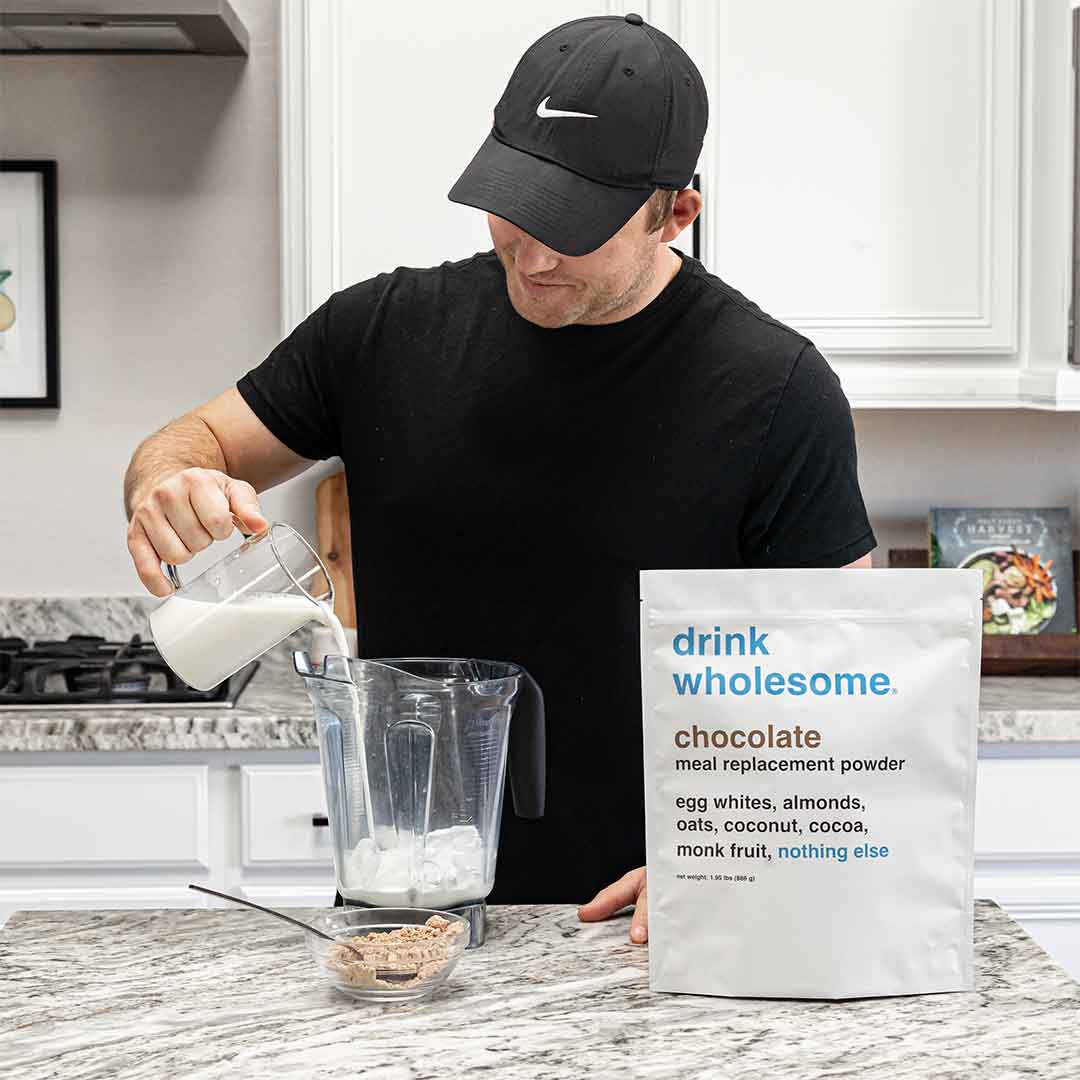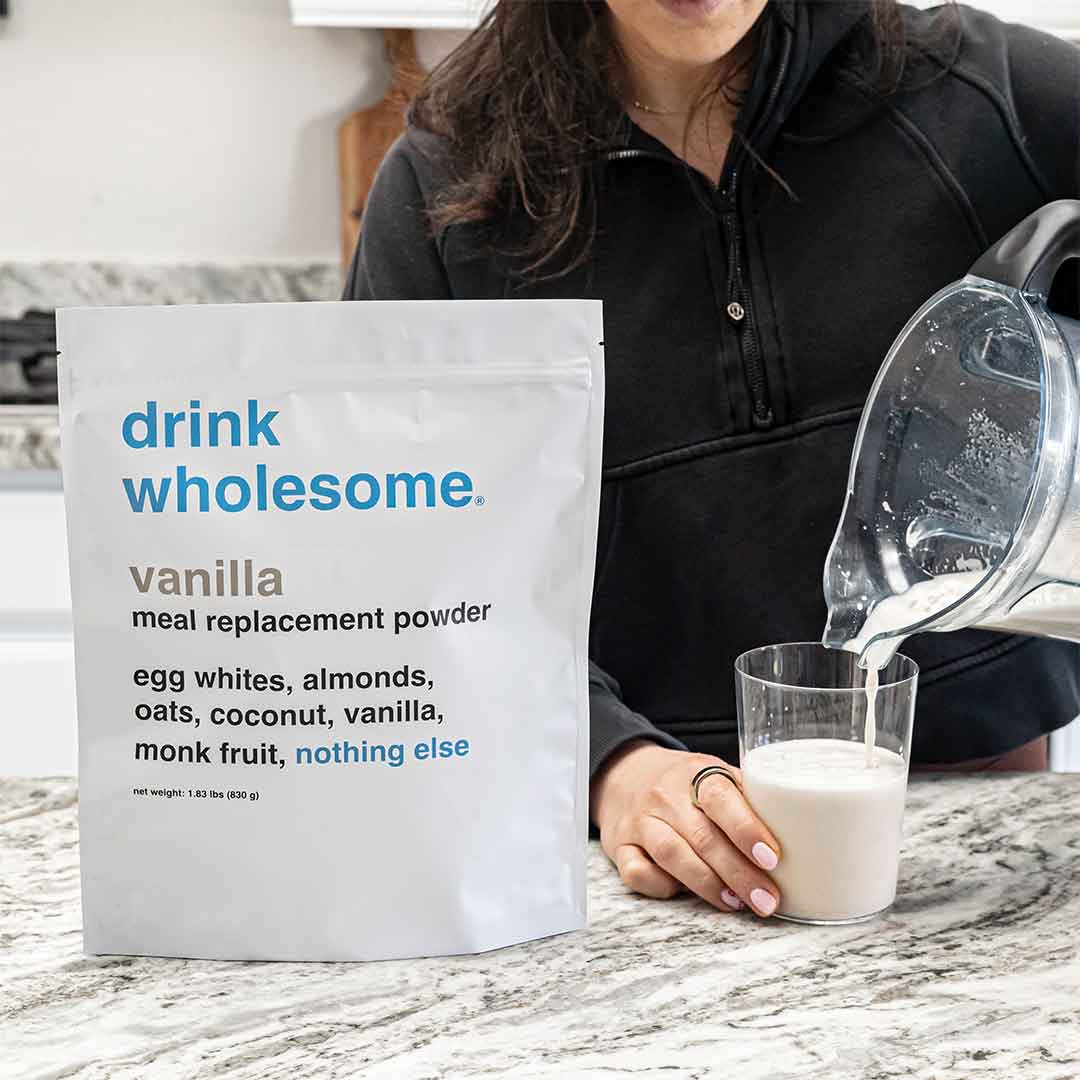drink wholesome makes the best meal replacement shakes for kidney disease.
Written by Jack Schrupp & endorsed by Baylee Reller, RDN
What is kidney disease?
Kidney disease, or renal disease, refers to any condition in which kidney function is impaired. The kidneys are responsible for removing waste and extra fluid from the blood, keeping electrolytes such as sodium, potassium, and calcium balanced in the body, and making hormones that help control blood pressure and stimulate red blood cell production.
There are several types of kidney disease, each with different causes, symptoms, and treatments. The most common types are:
1. Chronic Kidney Disease (CKD): This long-term condition is characterized by a progressive decline in kidney function, which leads to fluid imbalances and a buildup of waste products and in the blood. It is usually caused by conditions like diabetes and high blood pressure.
2. Acute Kidney Injury (AKI): AKI is characterized by a rapid decline in kidney function. It can result in a sudden accumulation of waste products in the blood and electrolyte imbalances. AKI is often caused by dehydration, severe infection, medication, or decreased blood flow to the kidneys.
3. Polycystic Kidney Disease (PKD): PKD is an inherited progressive condition that causes fluid-filled cysts to develop in the kidneys. It can lead to high blood pressure and the formation of kidney stones.
4. Glomerulonephritis: Glomerulonephritis refers to inflammation of the glomeruli, tiny filtering units in the kidneys. Glomerulonephritis can be caused by infections, immune system disorders, and other diseases.
The symptoms of kidney disease can vary depending on the underlying cause and the stage of the disease. They include fatigue, decreased urine output, fluid retention, swelling in the legs or face, blood in the urine, high blood pressure, and electrolyte imbalances.
Treatments for kidney disease aim to slow down the progression of the disease, manage symptoms, and prevent complications. Common treatments include medication, lifestyle changes, dialysis (a process that helps filter blood when the kidneys are unable to do so), and, in severe cases, kidney transplantation.
Are meal replacements good for kidney disease?
Approximately one-third of dialysis patients are anorexic due to decreased appetite. Loss of appetite in kidney patients occurs due to accumulation of anorexigenic and inflammatory compounds in the blood and amino acid imbalances. It tends to worsen with progression of kidney disease, and can lead to severe weight loss and malnutrition.
For kidney patients experiencing a loss of appetite, meal replacement shakes can be a lifesaver. Adding a meal replacement shake to your diet is an easy way to boost your calorie and nutrient intake, and curb weight loss and/or malnutrition. Not all meal replacement shakes are created equal, however.


